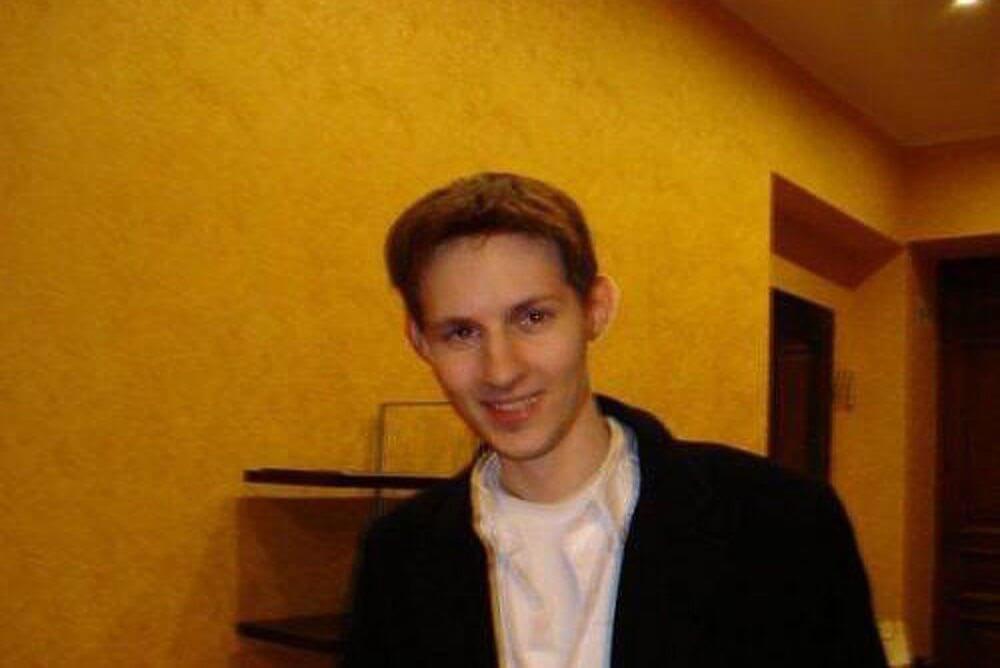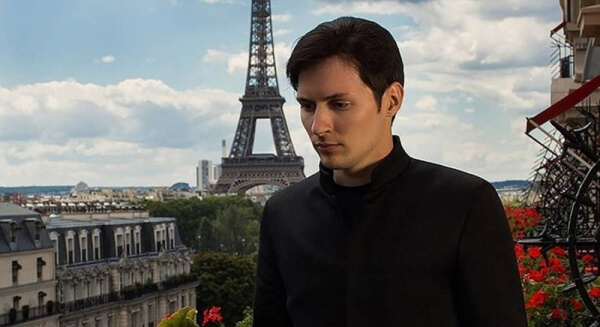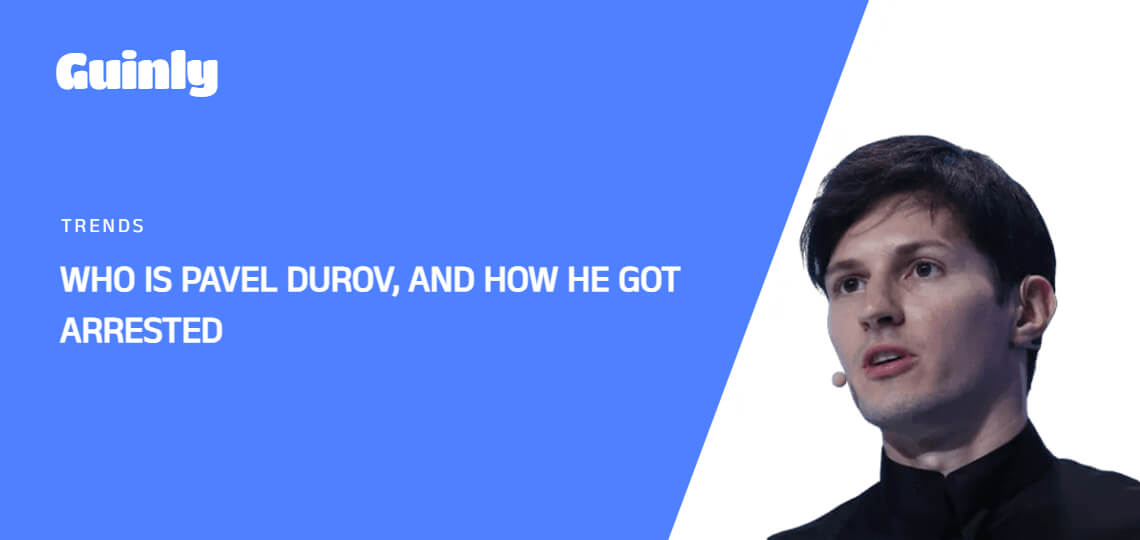Pavel Durov, the enigmatic tech entrepreneur, has been a prominent figure in the world of social media and messaging platforms. Known as the creator of VKontakte (VK) and Telegram, Durov’s journey from a young Russian entrepreneur to a global symbol of digital privacy and free speech is nothing short of fascinating. However, his path has been fraught with controversy, culminating in his recent arrest in France. This blog post delves into the life of Pavel Durov, his accomplishments, the reasons behind his arrest, and the impact it has on the ongoing global debate over free speech on social media.
The Rise of Pavel Durov: A Brief History
Pavel Durov was born on October 10, 1984, in Leningrad, now known as Saint Petersburg, Russia. From an early age, Durov demonstrated a keen interest in technology and programming. This passion led him to create VKontakte, often referred to as VK, in 2006. VK quickly became the largest social networking site in Russia and one of the most popular in Europe, attracting millions of users with its intuitive design and social features.

Durov’s success with VK, however, also brought him into conflict with the Russian government. As VK grew, it attracted the attention of the Kremlin, which sought to exert control over the platform’s content. Durov famously resisted these pressures, refusing to hand over user data or censor opposition groups. This defiance eventually led to his ousting from VK in 2014, after which he left Russia and turned his attention to creating a new platform—Telegram.
The Creation of Telegram: A New Era of Privacy
In 2013, Durov launched Telegram, a messaging app that emphasized privacy and security. Telegram quickly gained popularity for its encrypted messaging features, which allowed users to communicate without fear of government surveillance. The platform’s commitment to privacy attracted millions of users worldwide, particularly in countries with restrictive governments.
Telegram’s success also brought Durov a new set of challenges. The platform’s hands-off approach to content moderation made it a haven for various groups, including activists, journalists, and unfortunately, those with malicious intent. Telegram’s role in facilitating communication during political protests and its use by extremist groups put it under scrutiny from multiple governments.
Despite these challenges, Telegram has grown to over 900 million users globally, becoming one of the most popular messaging apps in the world. Durov’s vision of a free and open internet, unburdened by government interference, resonated with many, but it also made him a target for those who saw his platform as a threat.
Pavel Durov’s Arrest: The Details
Pavel Durov was arrested on a Saturday in France, a move that has sent shockwaves across the tech and social media landscape. Durov was detained at Le Bourget Airport, near Paris, after arriving on a private plane from Azerbaijan. His arrest is part of a broader investigation by French prosecutors into criminal activities on Telegram.

The charges under investigation include child sexual abuse material, drug trafficking, fraud, money laundering, abetting criminal transactions, and refusing to cooperate with law enforcement. While Durov has not been formally charged, he is currently in custody at France’s National Anti-Fraud Office, where he is being questioned.
Under French law, Durov’s detention can be extended until Wednesday, after which authorities must decide whether to charge or release him. The investigation has raised significant concerns about the balance between free speech and the responsibility of platform owners to prevent the misuse of their services.
Citizenship and International Reactions
Pavel Durov’s arrest has sparked an international debate about the implications for free speech and digital privacy. Durov holds multiple citizenships, including:
- Russia (from 1991)
- Saint Kitts and Nevis (from 2013)
- United Arab Emirates (from 2021)
- France (from 2021)
Russia and the United Arab Emirates have requested consular access to Durov, as he is a citizen of both countries. France’s handling of the situation will be closely watched, especially given the potential diplomatic implications.

The arrest has also drawn the attention of prominent figures like Elon Musk and Edward Snowden, who have expressed concerns about government overreach and the potential stifling of free speech. The hashtag #FreePavel has been trending on social media, with many users rallying to Durov’s defense.
Telegram’s Controversial Role in the Digital Age
Telegram’s rise to prominence has been marked by its commitment to privacy and free speech, but this very commitment has also made it a focal point for controversy. The platform’s minimal moderation policies have allowed it to become a critical tool for activists and dissidents in repressive regimes, but it has also attracted criticism for being used by terrorist organizations, drug dealers, and other criminals.
Telegram operates in a delicate balance between providing a platform for free expression and ensuring that it does not become a tool for harmful activities. The platform has faced temporary or permanent bans in 31 countries, highlighting the ongoing tension between government authorities and the need for open communication channels.
Despite these challenges, Telegram has continued to grow, with Durov maintaining that the platform abides by all relevant laws, including the European Union’s Digital Services Act (DSA). However, Durov’s arrest raises questions about how far governments are willing to go in holding platform owners accountable for the content on their services.
The Future of Free Speech on Social Media
Pavel Durov’s arrest is a critical moment in the ongoing debate over free speech on social media. As governments around the world grapple with the challenges of regulating digital platforms, the outcome of this case could have far-reaching implications for how social media is governed in the future.
Supporters of free speech argue that platforms like Telegram are essential for protecting individual rights in an increasingly digital world. They contend that holding platform owners responsible for the actions of their users sets a dangerous precedent that could lead to widespread censorship and the erosion of privacy.
On the other hand, critics argue that platforms must take greater responsibility for preventing the spread of harmful content. They believe that without adequate oversight, these platforms can become breeding grounds for illegal activities and hate speech.
Conclusion: The Legacy of Pavel Durov
Pavel Durov’s journey from a young entrepreneur in Russia to a global figure in the fight for digital privacy and free speech is a testament to his vision and determination. His arrest in France marks a significant turning point, not only in his life but also in the broader conversation about the role of social media in modern society.
As the world waits to see what happens next, one thing is clear: Pavel Durov’s legacy will continue to shape the future of digital communication and the ongoing battle over free speech on social media.






